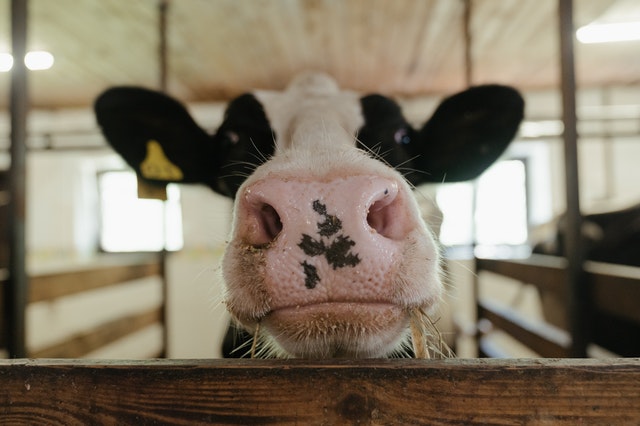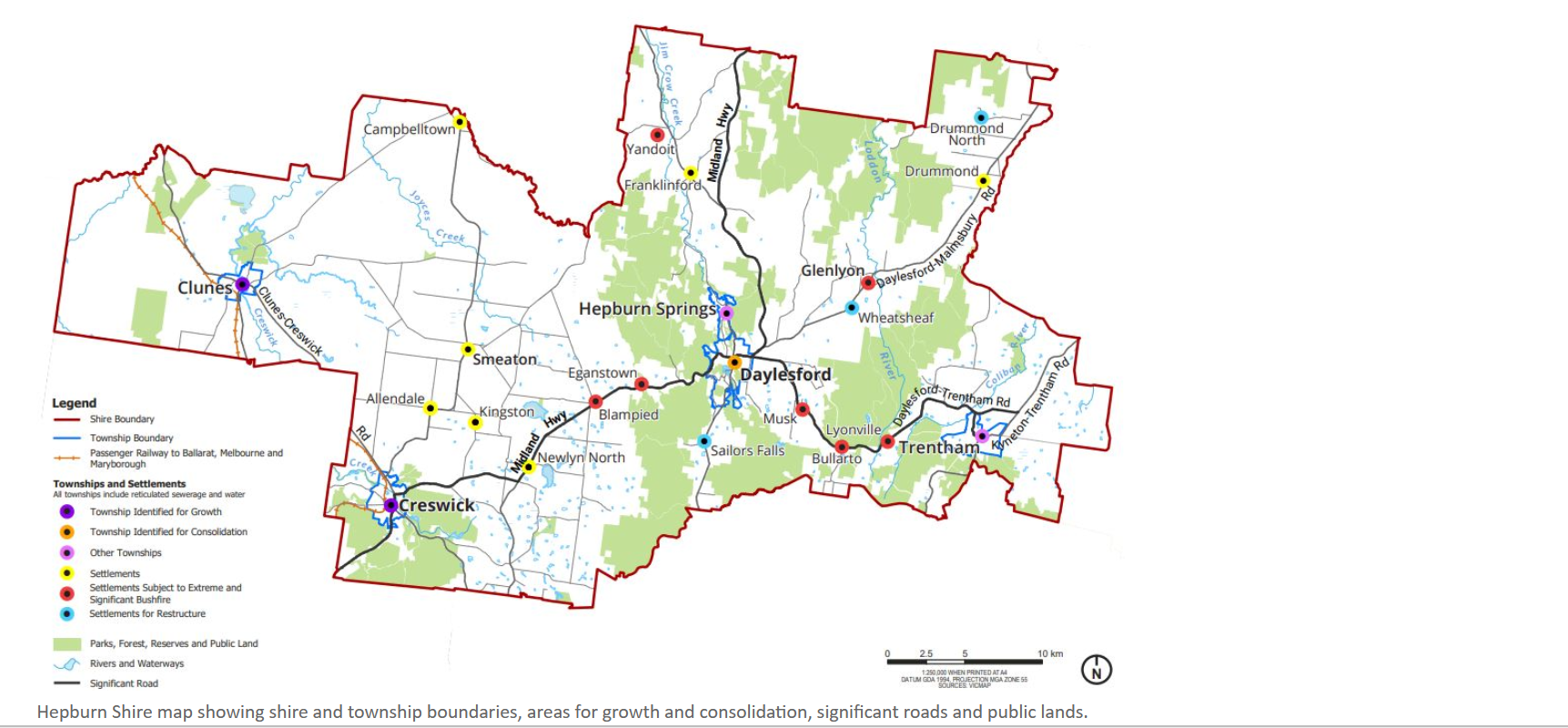January 21st, 2022Be wary of heat stress in livestock
Heat stress in livestock can become a major issue both for production levels and animal welfare, but there are precautions you can take to help minimalise the risk.
| Heat stress in livestock can become a major issue both for production levels and animal welfare, but there are precautions you can take to help minimalise the risk. As temperatures rise, livestock have to divert energy away from production to cool themselves. This is done via heat loss through their skin surface and respiratory tract. Feed intake is also reduced and a decrease in milk production may be observed. High humidity can also play a significant role in heat stress. For any given temperature, the degree of heat stress increases as the relative humidity increases. Heat stress can have significant impacts on animal welfare. Livestock should be checked daily, looking for any signs of stress. The behaviours of stressed livestock impacted by to heat stress can include seeking out shade, drinking more, eating less, standing rather than laying down, panting, may produce less milk and can be less fertile. The ideal temperature range for cattle is between 5 and 25°C, and for adult pigs just 18 to 20°C. It is important to remember high producing livestock, such as dairy cows, are the animals most sensitive to heat stress. Poultry have been known to perish due to heat stress on very hot days. On hot days, livestock should be given unlimited access to shade or shelter and good quality, cool drinking water. Your fire plan may need to be enacted on such days. If yarding or the need to move livestock on extreme days, it should be avoided during the hottest part of the day. High quality feed should be given during the evening when it is cooler, as livestock are more likely to have better intakes. If you are not living at a property, arrange for a neighbour to check on animals in your absence. By making some minor management changes and taking a little extra care of your livestock in extreme hot weather, the effects of heat stress can be substantially reduced. For further information please contact your local veterinarian or our veterinary or animal health officers, or in NSW your Local Land Services or go online to the Agriculture Victoria website. |










